7
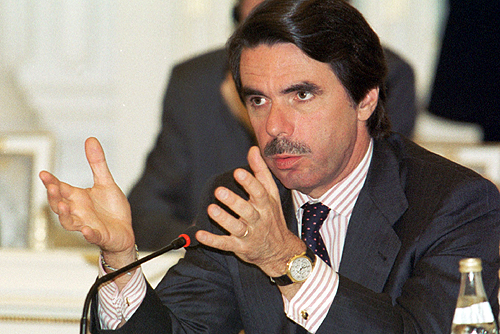
In 1996 the centre-right party PP (Partido Popular) came to power under the leadership of José María Aznar. The origins of this party, founded in 1976, were closely associated to the Francoist regime. The founder of the party had been a minister in Franco’s government and many of their members had links with the dictatorial regime. Aznar himself had been a member of a Catholic Falangist association when he was a university student, before joining the party. The year before becoming Prime Minister he was the target of a bomb planted by ETA. His armoured car saved his life.
7.1 ECONOMIC BOOM
The PP embraced the neoliberal economic ideas, prevalent in the US and Britain since the 1980s, based on deregulated markets, privatization of public companies, lowering of taxes and flexibilization of the labour market.
CULTURAL RESOURCES
The mid-1990s was a period of international economic boom and Spain was one of the countries with a faster economic growth. During this period Spain became the country with the 9th largest GDP and the 6th biggest foreign investor in the world. For the first time in democratic times, unemployment fell, and by the end of Aznar’s mandate was down to 10.4%, a great achievement for Spain, although the figure was still higher that the average unemployment rate in the EU. The creation of new jobs was mainly due to the massive boom in construction that swept the country, fuelled by an increase in housing demand and a wide availability of credit for mortgages. Inevitably, the construction boom led to speculation. House prices increased exponentially every year and the construction bubble finally burst when the world financial crisis hit Spain at the end of the 2000s. The ‘brick fever’ (‘fiebre del ladrillo’), as it was labelled at the time, also created the perfect breeding ground for systematic corruption cases involving kickback payments from developers to regional and local authorities in exchange for bending the rules and facilitating lucrative construction projects.
Faithful to its neoliberal credentials, the PP government implemented a full privatisation of key state-owned companies, although the partial privatization of these companies had started with the previous Socialist government. The Aznar government completed the privatization of the telecommunications company Telefónica, the airline Iberia and the energy companies Repsol and Endesa. These newly privatised companies, except for Iberia, became big multinationals that started to invest abroad, especially in Latin American countries.
Alongside these privatised companies, other Spanish companies started to grow and operate internationally. Two of the most important banks in the world are Spanish: Grupo Santander and BBVA. The textile company Inditex, owner of the well-known fashion brand Zara, started its international venture at this time and has now thousands of stores located in the most expensive streets of the main cities around the world. Another successful case dating back to this period of economic growth is the construction firm Ferrovial, which operates four British airports including London Heathrow. It is also involved in the construction and maintenance of motorways all over the world.
CULTURAL RESOURCES
Ferrovial – M50 in Dublin
7.2 IMMIGRATION
During the economic bonanza of the mid-1990s Spain became an attractive destination for migrants from all over the world, a sociological phenomenon that Spain had not experienced for centuries. In fact, Spain was better used to seeing its nationals leaving the country in search of work as it had happened in the 1960s.
According to the census of population, in the 1980s the number of foreign residents in Spain was around 200,000, roughly 0.6% of the total population at the time. By 2004, the end of Aznar’s government, the foreign population had reached 3 million (7% of the total population). This figure continued rising and peaked in 2011 with 5,700,000 foreign residents (12% of the total population), but by 2018 it decreased by nearly one million people due to the economic crisis hat hit Spain in 2010. The largest group of immigrants come from EU countries. By country, Moroccans are the largest group followed by Romanians. Colombians and Ecuadorians make up the largest numbers of Latin American immigrants. The jobs they perform in Spain are very different. In general, immigrants from poorer countries end up working in agriculture, construction, catering and as cleaners and carers. There is also a sizeable number of British citizens (near 250,000) who live in Spain, mainly on coast resorts. Many of them moved to Spain after retirement in search of a better climate, others work as English teachers or own businesses. Around 215,000 Chinese citizens are also resident in Spain. They specialize in retail and catering.
The issue of illegal immigrants, that is, people who are in the country without legal documents, has been a growing concern since the late 1990s. It’s difficult to give an accurate number of so-called ‘sin papeles’ (‘without documents’), but in the early 2000s the estimation was close to a million. Most of them reached Spain by conventional means of transport. Others, Maghrebis (North Africans) and Sub-Saharan people, risk their lives on dangerous sea crossings on inadequate boats or by attempting to get into Spanish territory climbing the fences that surround Ceuta and Melilla in the north of Africa.
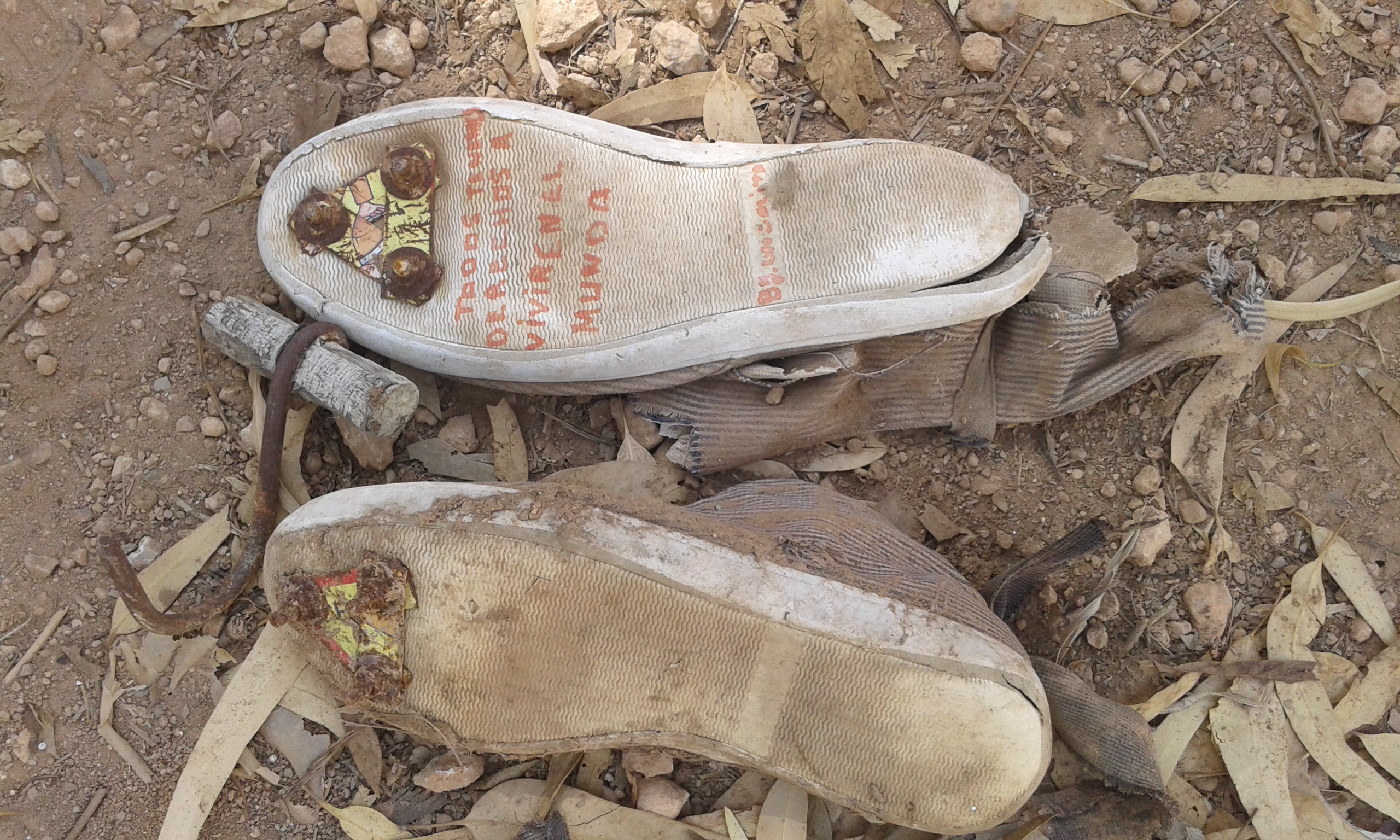
In the last years, there has been an increase in arrivals from the Middle East, due to the political volatile situation in that area of the world. In these dramatic cases, the distinction between economic migrants and political refugees becomes fuzzier. In many of these cases human traffickers are involved, as it is the case with the trafficking of unsuspecting women for prostitution purposes and enslaved workers. Neither Spain nor the EU as a whole has come up with any efficient, fair and consistent policy to handle this problem.
During the PP’s mandate the Ley de Extranjería (Aliens Act) was reformed curtailing some of the rights given to migrants in a previous version of the law. Several harsher measures were introduced:
- Further restrictions for the entry of migrants.
- Tighter conditions for family members to join the migrants in Spain.
- Faster process of expulsion.
- Penalties for employers who hired illegal immigrants.
- Obligation on the part of transport companies to report unused return tickets and other passengers’ details.
The new Aliens Act encountered harsh criticism and protests by humanitarian associations and, finally, in 2003 the Constitutional Court ruled that the new regulations regarding expulsion were unconstitutional and that several other provisions in the Act were ‘possibly unconstitutional’.
The impact of immigrants on Spanish demographics, society and culture is clearly visible. In a short span of time Spain has turned into a country where a wide range of nationalities and races try to live together. Different languages are heard everywhere in the streets. Islam has become a visible religion in a country that had expelled its last followers four centuries before. This multicultural Spain is welcome by some, who see it as enriching, and rejected by others, who see it as a threat to the more uniform and traditional society they were used to live in. Spain, like many other countries, is attempting to deal with issues of integration and racism.
Immigrants have had a positive impact on the birth rate of the country, one of the lowest in the EU and in the world. Around 20% of children are now born to immigrant mothers. Despite this improvement, the ongoing decrease in the number of births in Spain is becoming a serious concern.
CULTURAL RESOURCES
7.3 THE FIGHT AGAINST ETA
ETA’s attacks continued during this period, but the number of assassinations decreased considerably. Most of the victims were members of the police force and Basque politicians from the PP and the Socialist Party. A turning point in the history of ETA was the assassination of a young PP local counsellor in 1997. He was kidnapped by ETA, who demanded that Basque prisoners were transferred to prisons in the Basque Country. Two days later, when this demand was not attended to, he was shot. The cruelty of this action sprang mass protests against ETA all over Spain in a way no other assassination carried out by ETA had managed to do before.
CULTURAL RESOURCES
Secuestro y asesinato de Miguel Ángel Blanco, concejal del PP del Ayuntamiento de Ermua (País Vasco)
Detentions of ETA members increased. The organization was getting weaker, but it still enjoyed a strong support in the left-wing nationalist strongholds in the Basque Country. The PP government changed its strategy against ETA and, with the help of the judiciary, embarked on a policy of arresting, charging and banning left-wing Basque civic organizations, political parties and newspapers that were sympathetic towards ETA and their goals. Some of those measures were controversial from the point of view of the right to freedom of expression and other democratic values. Two Basque newspapers and a radio station were closed down and their assets confiscated on account of alleged connections with ETA that have never been proven. The newspapers directors and other staff members were arrested and, in some cases, sentenced to prison. Allegations of torture under arrest, which were never investigated, were made by one of the detainees, the director of one of the newspapers. In 2002 the Parliament passed a law that banned political parties that did not condemned ETA. This law (Ley de Partidos) was directly aimed at the left-wing Basque nationalist party HB (Herri Batasuna), which used to get between 10% and 18% of the votes in the different Basque regional elections during the time the party was legal.
7.4 11-M: JIHADIST ATTACKS AND GOVERNMENT’S MANIPULATION OF INFORMATION
The US reaction to the 9/11 al-Qaeda attacks did also have an impact on Spain. As a result of the attack against the World Trade Centre in New York and the Pentagon in 2001, the US launched a military campaign against Afghanistan, where the mastermind of 9/11, Osama bin Laden, was hidden according to US intelligence. Two years later the US and Britain decided to expand their ‘war on terror’ by attacking Iraq, alleging that President Saddam Hussein was hiding weapons of mass destruction, which were never found. Aznar, was eager to establish good relations with the US, and joined the then President, George W. Bush, and the then British PM, Tony Blair, on their military expedition against Iraq. Spain sent 2,600 troops in total. The invasion of Iraq was a very contentious issue at the time. The UN did not sanction this intervention and mass demonstrations took place in big cities in different countries, including Spain, against this military action. Nonetheless, the war plans went ahead.
In 2004 a general election was scheduled for March 14. Polls were indicating that the PP would win. On March 11 early in the morning several bombs exploded on four commuter trains in Madrid. The final toll was 191 dead, but nearly 2,000 people were left seriously injured and maimed. In the hours and days of total shock that followed, Aznar’s government repeatedly indicated that ETA were the most likely culprits, even if a few hours after the attack a van containing detonators and a tape with verses from the Quran had been found by the police. On the same day of the attack Aznar contacted the director of the newspaper El País to assure him that the following day he could publish that ETA had carried out the attack. Instructions were given to Spanish embassies around the world to maintain that ETA was to blame in their press statements, even if a jihadist group linked to al-Qaeda had already contacted a London newspaper to claim the attack.
The following day ETA contacted the media to announce that they had nothing to do with the bombs in Madrid. That evening mass demonstrations took place in Madrid and other Spanish cities to express people’s shock and disgust for the attack. On March 13 the government insisted on ETA as the most likely culprit and the mainstream Spanish media followed a similar line. That evening SMS messages where the government was accused of lying started to spread like wildfire. Three Moroccan and two Indian citizens were arrested as part of the investigations; however, the Spanish state-owned news agency was still considering ETA as the main suspect. In the evening before the election several rallies took place in front of the PP’s offices in different cities. The PP immediately accused the Socialist Party of being behind the text messages and the demonstrations. That evening a video tape where al-Qaeda claimed the attack became public and finally the Interior Minister was forced to officially announce that al-Qaeda were the perpetrators. The following day, March 14, the election took place and the Socialist Party won.
What happened during those three days was a blatant case of a government using its power and influence to manipulate information to its political advantage. The state-owned TV company was used as the main instrument to broadcast the government’s narrative at all times. Not only that, the night before the election, there was a sudden change in the programme schedule and a film about ETA was shown. Even if this was the main public TV channel in Spain, the film was not interrupted when the Interior Minister was due to announce that al-Qaeda had claimed the attack.
The PP knew that if the news about al-Qaeda’s responsibility in the massacre were confirmed before the election, they would risk losing it. The government had decided to intervene in Iraq against the wishes of many Spanish citizens, and since the bomb attack could be linked to this intervention, they were likely to be punished on election day. If, on the contrary, they could sustain the story of ETA’s responsibility, they were likely to win the election. Spain had not known any form of terrorism other than ETA’s before this attack and citizens were bound to rally around a government who had invested a great effort in its fight against the Basque organization.
The alleged perpetrators of the bomb attack were located nearly three weeks later. They blew themselves up in a flat in Madrid when the police were about to storm the premises. All of them died and so did a police officer.
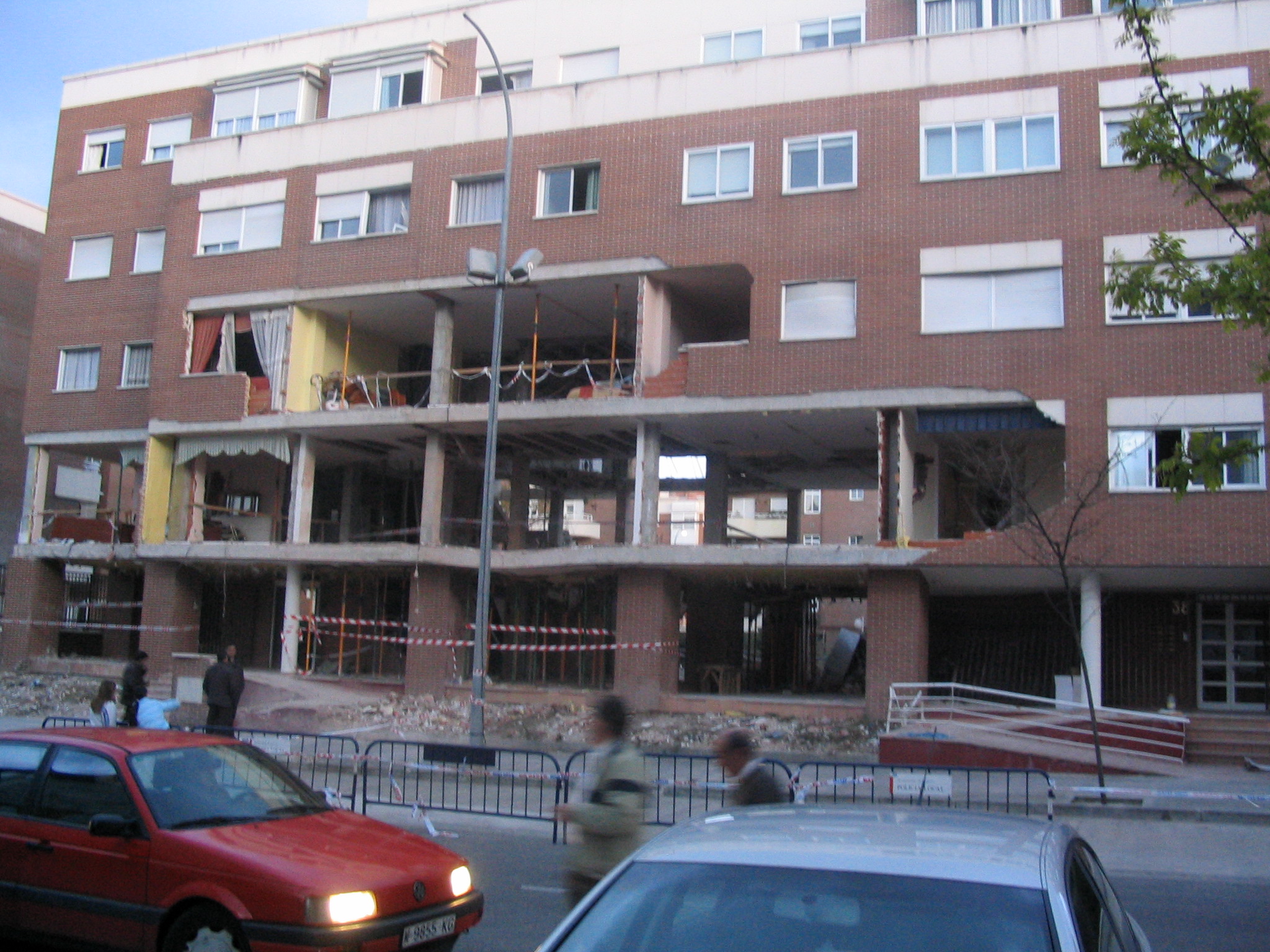
Other people involved in the attack were arrested and tried in 2007. Two Moroccans and a Spaniard (an Asturian miner who had provided the explosives) were sentenced to the maximum prison sentence allowed by the Spanish legal system (40 years). Others were sentenced to much shorter sentences for their involvement. The verdict established that the attack was the responsibility of a jihadist group and that there were no connexions with ETA.
As things turned out the PP suffered a great loss of reputation and credibility, which was reflected in its losing the general election. The attack, known as 11-M, has gone down as one of the darkest hours in recent Spanish history.
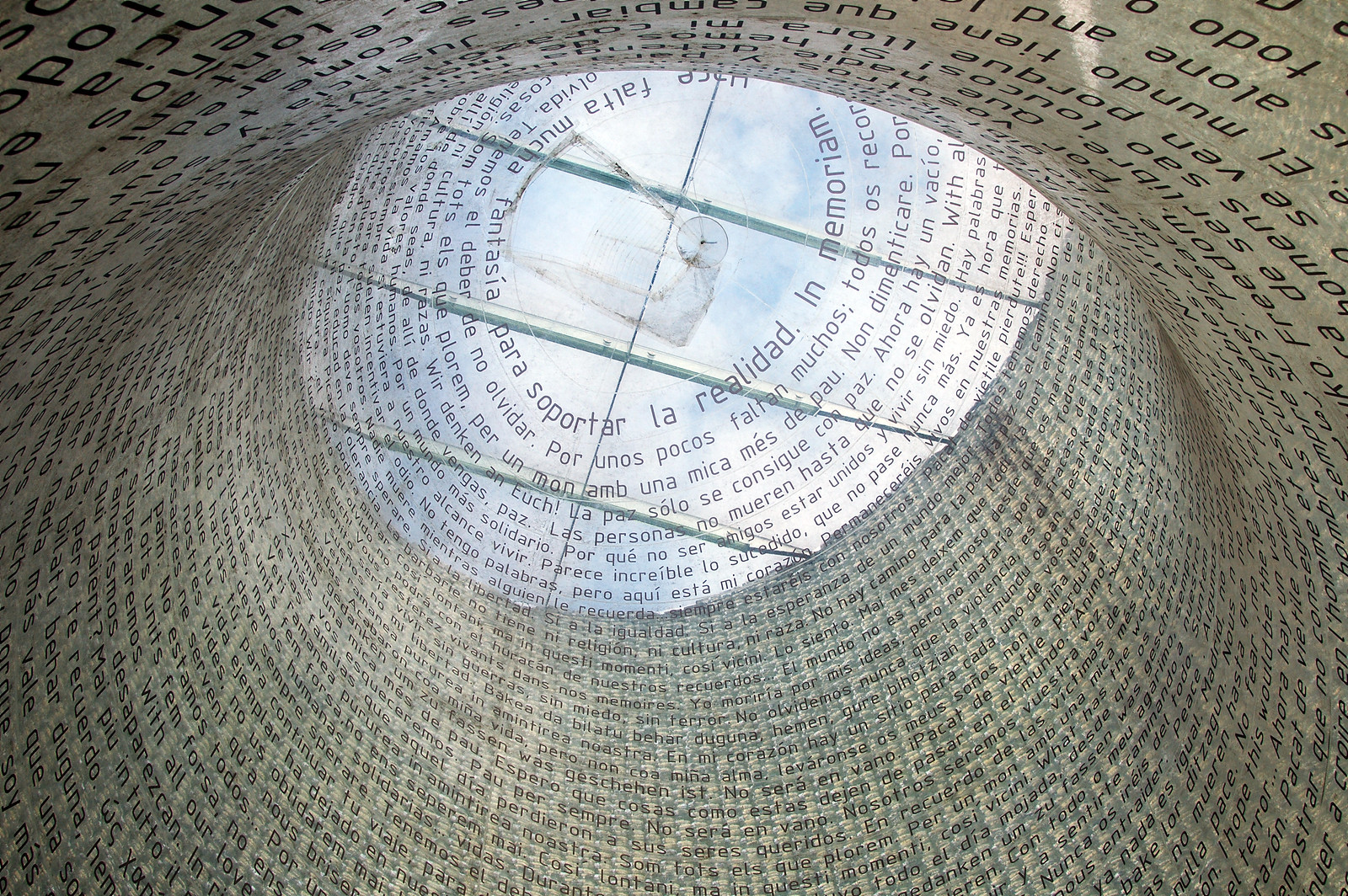
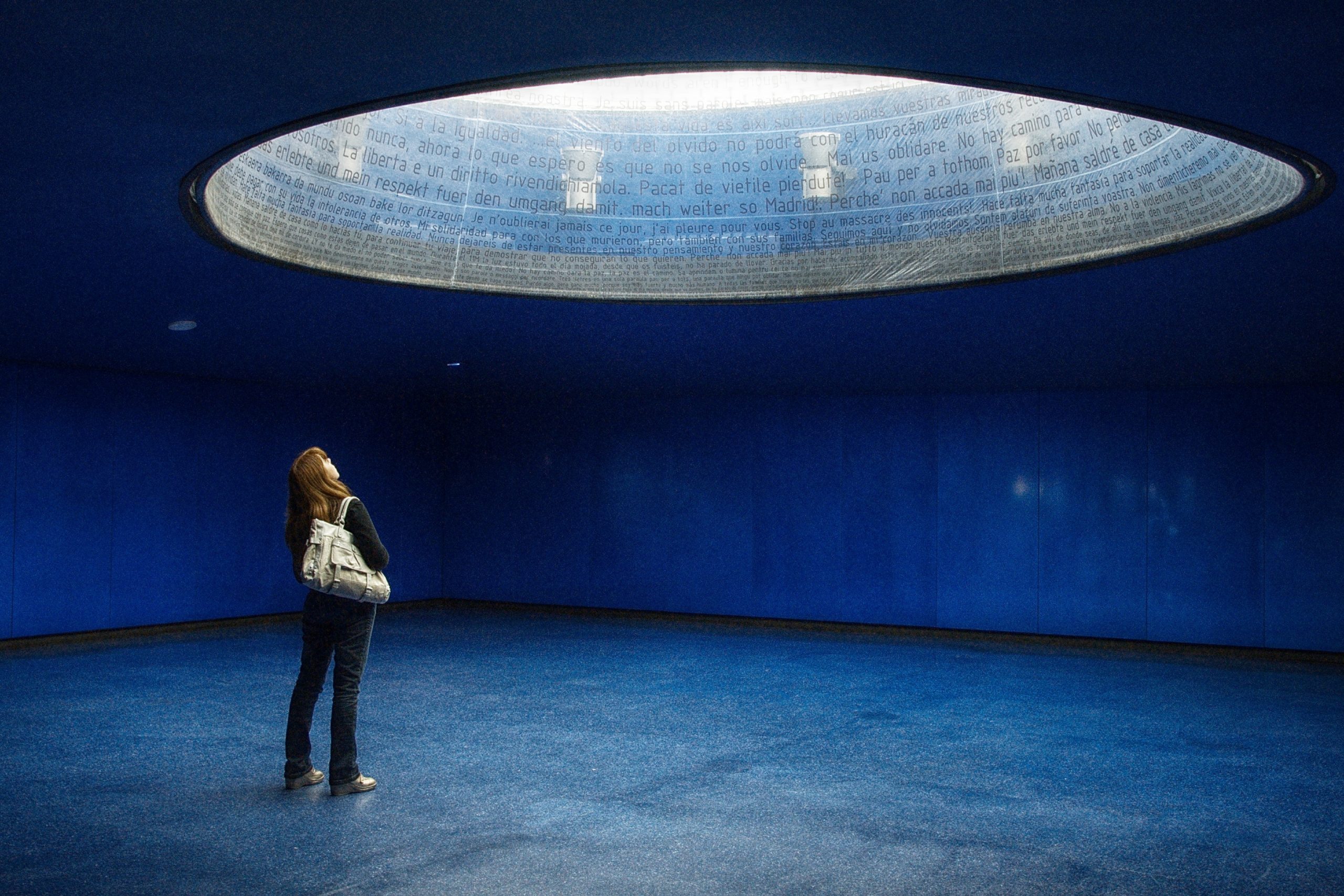
CULTURAL RESOURCES
Documental de El País sobre el 11-M
El PP (Partido Popular), partido político de centroderecha, ganó las elecciones en 1996 y José María Aznar se convirtió en presidente. El origen del partido, fundado en 1976, tenía fuertes conexiones con el franquismo.
BOOM ECONÓMICO
La política económica del PP, de ideología neoliberal, se basó en la desregulación de los mercados, la privatización de las empresas públicas, la disminución de los impuestos y la flexibilización del mercado laboral.
Durante este periodo la economía mundial estaba en plena expansión y España fue uno de los países que más creció. El índice de desempleo bajó a un 10,4% en pocos años. La mayoría de los empleos que se crearon estaban relacionados con el sector de la construcción. Este sector tuvo un desarrollo espectacular debido a la demanda y las facilidades para obtener hipotecas. Desgraciadamente, esta situación aumentó la especulación y causó una burbuja inmobiliaria que explotó a finales de la década de los 2000. Otra consecuencia negativa de la llamada “fiebre del ladrillo” fue el aumento de la corrupción política en los diferentes gobiernos autonómicos y municipales debido a los tratos opacos entre políticos y promotores.
El gobierno de Aznar completó la privatización de importantes compañías públicas como Telefónica (telecomunicaciones), Iberia (aerolínea) y las empresas energéticas Repsol y Endesa. Estas empresas, a excepción de Iberia, se han convertido en grandes multinacionales.
En el sector privado cabe destacar la internacionalización y éxito de empresas españolas como los bancos Santander y BBVA, la empresa textil Inditex, a la que pertenece Zara, y la constructora Ferrovial.
INMIGRACIÓN
Como consecuencia del espectacular boom económico, España se convirtió en un destino muy atractivo para personas extranjeras en busca de mejores condiciones de vida. El número de inmigrantes llegó a 3 millones (el 7% de la población) hacia 2004 y continuó creciendo hasta suponer el 12% de la población en 2011. Debido a la crisis económica de finales de la década de 2010, el número de inmigrantes descendió en casi un millón. Los marroquíes y rumanos son las nacionalidades más numerosas en España. En cuanto a las personas procedentes de América Latina, los colombianos y ecuatorianos son los más numerosos. En general, estos inmigrantes desempeñan trabajos no cualificados en los sectores de la construcción, la agricultura, la hostelería, la limpieza y los cuidados.
La inmigración irregular o ilegal, los llamados “sin papeles”, es parte de este fenómeno. Es difícil calcular el número de personas que se encuentran en esta situación en España, pero a principios de la década de los 2010 se hablaba de un millón. La gran mayoría llegan a España usando los medios de transporte habituales, pero algunos, más desesperados, intentan entrar por mar en embarcaciones inadecuadas con gran riesgo de su vida, o saltando las vallas que rodean Ceuta y Melilla, las ciudades españolas en el norte de África. Estas personas suelen proceder del Magreb y del África subsahariana, aunque en los últimos años también llegan personas de Oriente Medio. En estos casos a veces es difícil distinguir entre emigrantes económicos y refugiados políticos. Muchos de ellos son explotados por redes de traficantes de personas que los usan como mano de obra forzada o para ejercer la prostitución.
El gobierno de Aznar hizo una reforma de la Ley de Extranjería que reducía los derechos de los inmigrantes. Se hicieron más estrictas las condiciones necesarias para poder entrar en España y para poder traer a sus familiares. Se introdujeron medidas para acelerar el proceso de expulsión. Se aumentó a 5 años el periodo de residencia necesario para poder solicitar documentos legales y se impusieron multas a los empleadores que contratasen inmigrantes irregulares. Se estipuló que las compañías de transportes tenían la obligación de informar sobre los pasajeros. Ante las protestas de las asociaciones humanitarias, el Tribunal Constitucional declaró inconstitucionales algunas de estas medidas.
La inmigración ha tenido un gran impacto en la cultura española de las últimas décadas con la llegada de nuevas lenguas, gastronomía y costumbres. El islam ha reaparecido en España. El índice de natalidad ha aumentado, aunque no lo suficiente para asegurar el futuro. Los conflictos sociales son inevitables. Los españoles “de toda la vida” no siempre ven con buenos ojos los cambios sociales causados por la inmigración.
LA LUCHA CONTRA ETA
El terrorismo de ETA continuó durante este periodo, aunque hubo un claro descenso en el número de asesinatos perpetrados por esta organización, en su mayoría miembros de la policía y políticos regionales y locales del PP y del PSOE. El asesinato de Miguel Ángel Blanco, concejal del PP en el ayuntamiento de una población vasca, tuvo una repercusión hasta entonces desconocida en la opinión pública. Empezaba a verse claro que ETA tenía que desaparecer.
El gobierno de Aznar decidió debilitar a ETA persiguiendo y prohibiendo al partido, plataformas cívicas y medios de comunicación que apoyaban la independencia del País Vasco y simpatizaban con la organización terrorista. Estas actuaciones se interpretaron como un ataque al derecho de libre expresión.
11-M: ATENTADOS YIHADISTAS Y MANIPULACIÓN INFORMATIVA
Las represalias por los ataques del 11-S en EEUU en 2001 se materializó en el bombardeo de Afganistán y, dos años más tarde, en la invasión de Irak, con la excusa de que Saddam Hussein escondía armas de destrucción masiva. Aznar decidió unirse a los planes bélicos contra Irak ideados por el entonces presidente de Estados Unidos, George W. Bush, y el primer ministro británico, Tony Blair. España mandó en total 2.600 soldados a luchar en Irak. Tanto la ONU como la opinión pública española e internacional estaban en contra de esta acción.
El 11 de marzo de 2004, tres días antes de las elecciones generales, varias bombas explotaron en cuatro trenes de cercanías en Madrid. 191 personas perdieron la vida y cerca de 2.000 resultaron gravemente heridas. El gobierno de Aznar señaló a ETA como la autora de los hechos desde el primer momento, a pesar de que unas horas después del atentado ya había sospechas de que se trataba de un ataque yihadista. Aznar aseguró al director del periódico El País que podía publicar la noticia al día siguiente con la seguridad de que ETA era la responsable, a pesar de no tener ninguna prueba, y se pidió a las embajadas españolas que hiciesen lo mismo en sus comunicados de prensa.
El día anterior a las elecciones textos SMS empezaron a circular por todo el país acusando al gobierno de mentir y organizando protestas en la sede del PP. El PP acusó al PSOE de haber organizado esta campaña de mensajes para ganar las elecciones La noche anterior a las elecciones, el ministro de interior tuvo que admitir que había sido un ataque yihadista.
¿Por qué le interesaba al gobierno del PP culpar a ETA del atentado? La razón más probable era que un ataque yihadista perjudicaría al PP en las elecciones. En un momento de conmoción y dolor tan grande en el país, los ciudadanos asociarían el atentado a la intervención de España en Irak, una intervención que había sido rechazada por la opinión pública española. Sus temores se hicieron realidad y el PSOE ganó las elecciones el 14 de marzo.
La manipulación informativa por parte del gobierno es uno de los episodios más vergonzosos de la democracia española. El partido en el poder usó todos los medios a su alcance para asegurarse una victoria en las elecciones, aunque eso significara mentir a sus ciudadanos en uno de los momentos más tristes de la historia reciente del país.
Tres semanas después del suceso, se localizó a los autores del atentado en Madrid, pero cuando la policía entraba en el piso donde se escondían, detonaron una bomba y murieron todos, además de un agente de policía. Otras personas involucradas en el ataque fueron arrestadas y en 2007 tuvo lugar un juicio. Dos ciudadanos marroquíes y un español fueron condenados a la máxima pena de 40 años de cárcel. Otros imputados recibieron sentencias más cortas.
Media Attributions
- Zapatillas_con_clavos
- Vivienda_en_Leganes_destruida_por_los_terroristas_-_2004
- 4424488922_60e7731e30_h
